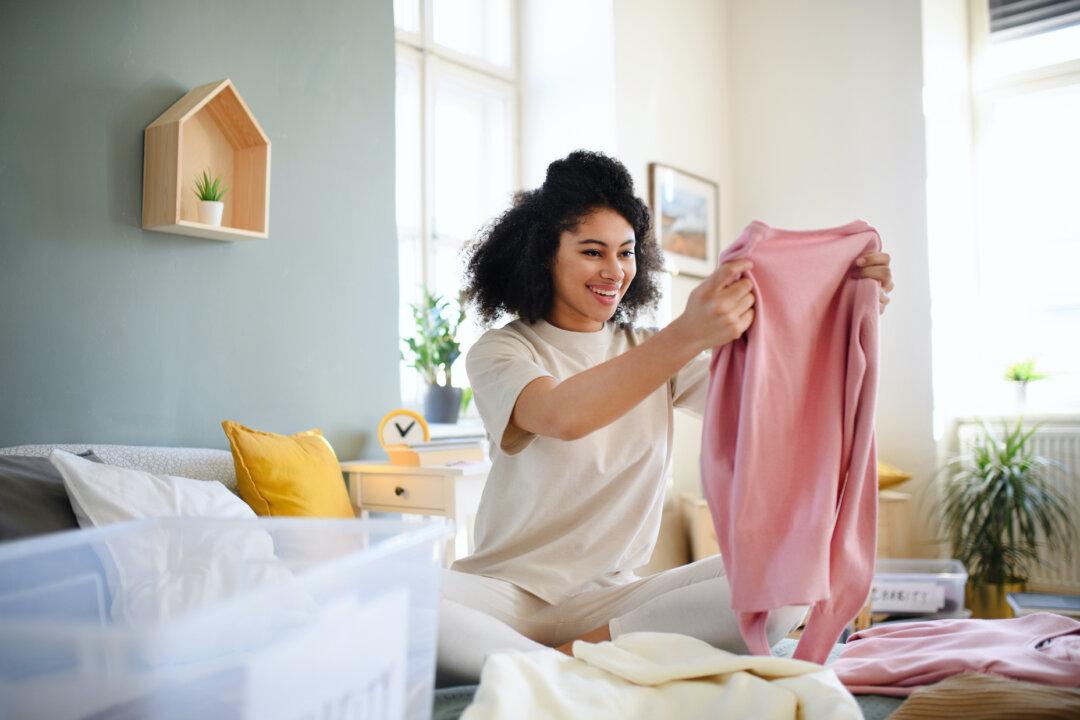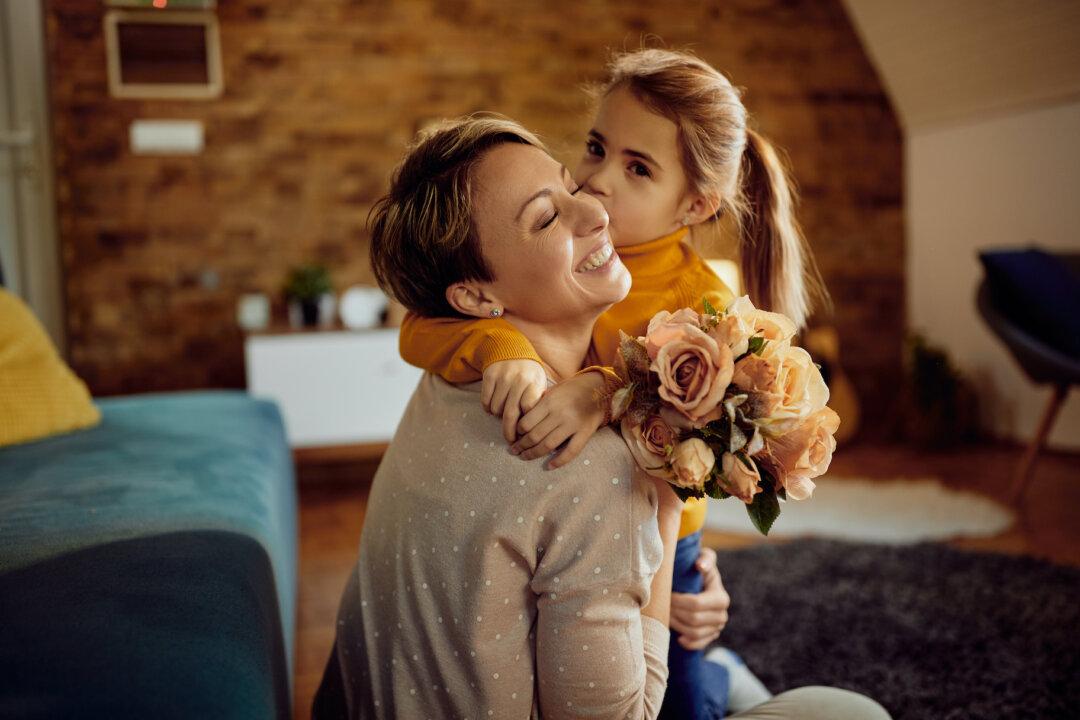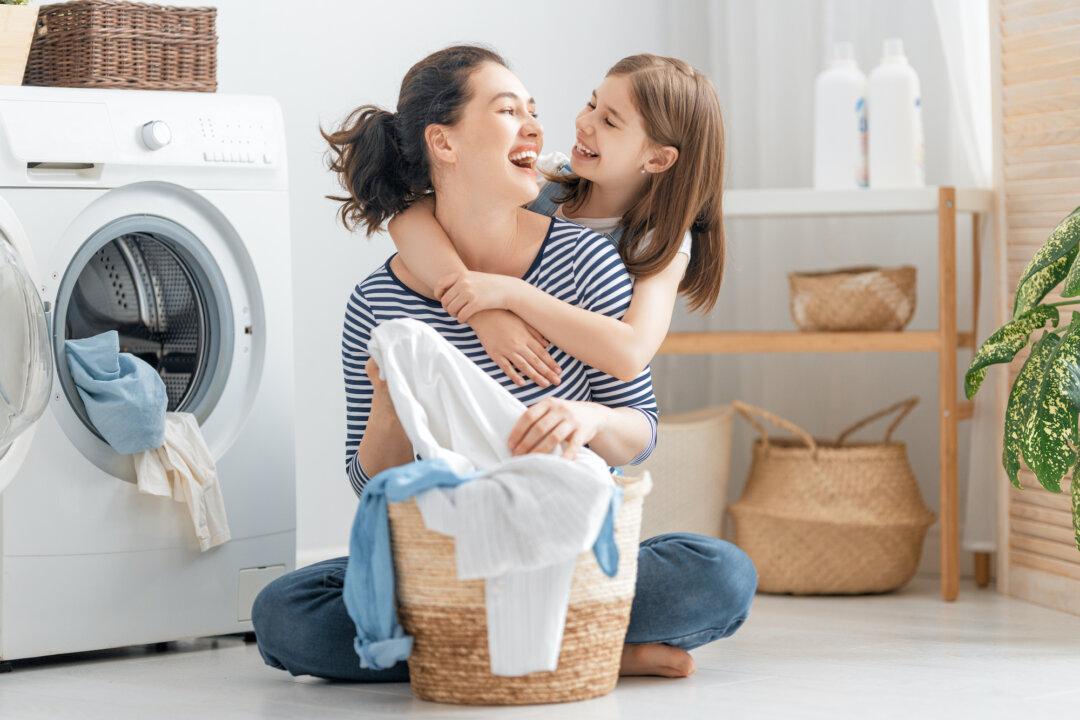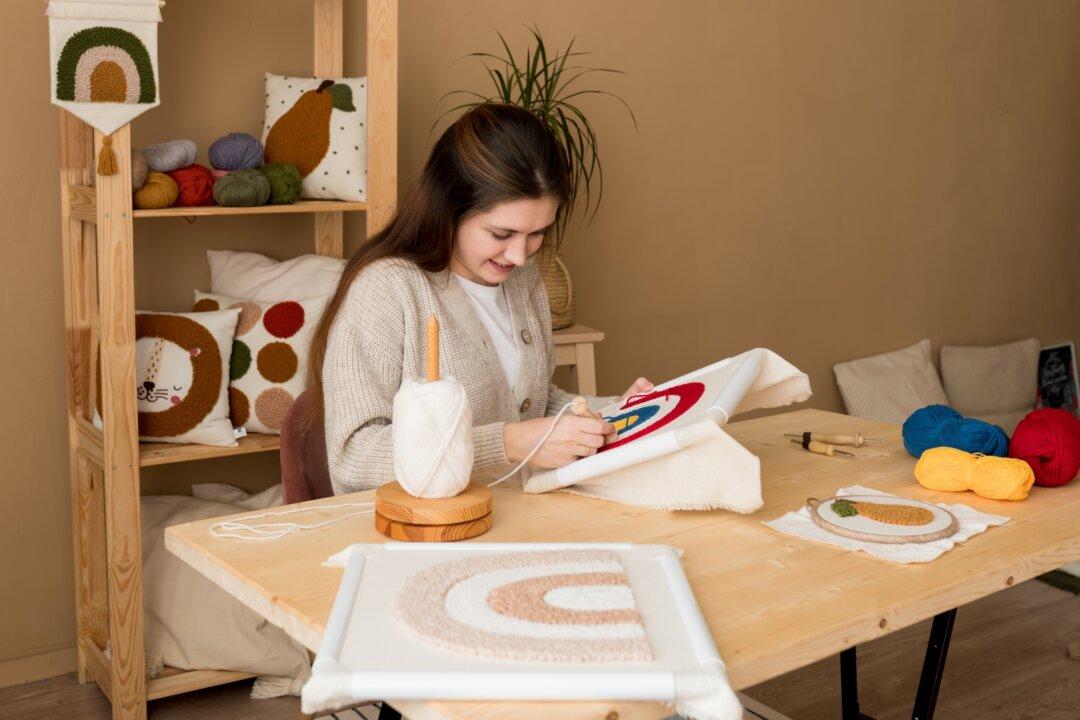As I stood in my kitchen, my view spanned across the countertops, into the living room, and through the adjacent playroom. I saw piles of unopened mail, dozens of small toys scattered by my toddler, last night’s clean dishes left to dry next to the sink, and a large stack of clothes that beckoned to be ironed.
Back then, this wasn’t an uncommon sight. I can remember feeling the stress that had built up from living with constant clutter in these spaces. I also remember asking myself if I needed a better system of organization. Maybe more storage bins or space to put all of my stuff?






